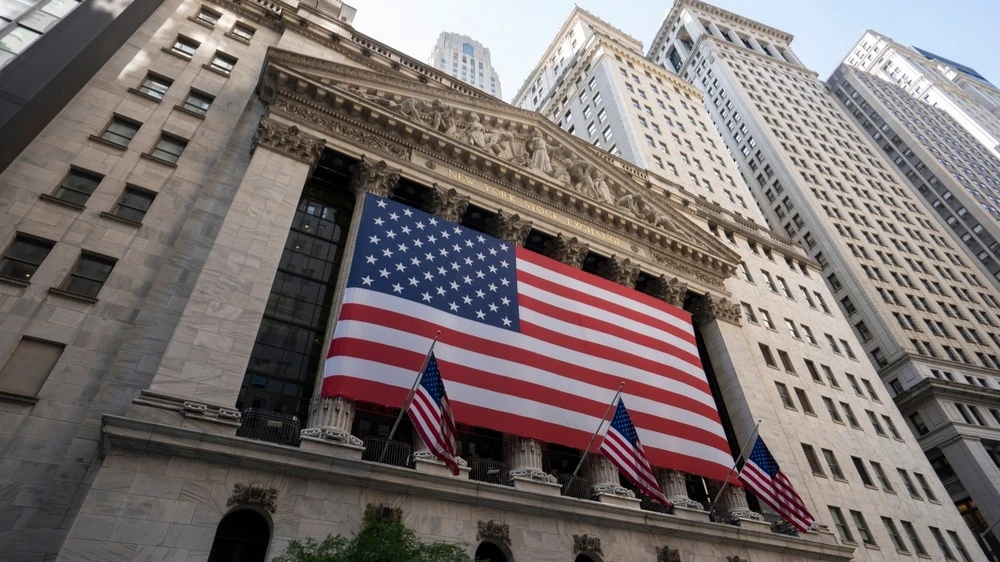Goldman believes it is too early to sound the alarm about the AI bubble. The Bank of England disagrees
Inflated valuations of AI stocks and a threat to the independence of the US Federal Reserve could lead to a sharp correction in markets, the UK regulator has warned

Goldman Sachs and the Bank of England disagreed on whether market participants should worry about the growing bubble in AI-related stocks. The investment bank's strategist remains calm, while the British regulator, on the contrary, warned of a possible correction amid inflated valuations of AI companies.
The AI frenzy continues to fuel the rally in the U.S. market: the Nasdaq Composite Technology Index, for example, has risen more than 27% over the past 12 months, with its price-to-earnings multiple now at 28, compared to a ten-year average of 23. Some market participants compare the current situation to the dot-com boom of the 1990s and warn of a similar bubble.
Why Goldman Sachs is calm
It's too early to worry about a bubble in booming U.S. tech stocks, according to Goldman Sachs strategist Peter Oppenheimer, his opinion quoted by Bloomberg. "Technology sector valuations are getting strained, but have not yet reached levels consistent with historical bubbles," he said in a note quoted by the agency.
Oppenheimer explained that bubbles usually form when the market value of companies significantly exceeds their expected future cash flows, and in past such periods, market growth has been largely speculative. Now, the analyst emphasized, the record rally of tech giants is backed by solid earnings growth, and the sector's leading companies have "unusually strong balance sheets."
Nevertheless, the strategist recommended that investors diversify portfolios to mitigate the risks associated with the small number of players spurring the rally and the growing competition in the AI race. He also conceded that rising valuations in equity and bond markets have less to do with the tech bubble than with broader factors - low interest rates, high global savings and a prolonged economic cycle. "This does leave the sector vulnerable to a correction if confidence in growth falters, but it is unlikely that this will happen solely because of a burst bubble in the technology space," Oppenheimer added.
What's worrying the Bank of England
The Bank of England took the opposite position and warned against overheating. In its quarterly report on financial stability, the regulator named two factors that could increase the risk of a sharp correction in financial markets. The first is high valuations of artificial intelligence-related companies. According to the minutes of the Financial Policy Committee's October 2 meeting, stock markets appear overvalued and AI technology companies are most vulnerable - especially if expectations about the technology's impact turn out to be inflated. The regulator emphasized that there are serious constraints on the path of AI development that could negatively impact company valuations. Among the risks, he cited possible shortages of energy, data and raw materials, as well as technological breakthroughs that could change the requirements for AI infrastructure.
Second, it is a threat to the independence of the Federal Reserve System of the US Federal Reserve System. The Bank of England recalled the pressure on the Fed from Donald Trump, including his attempts to change the composition of the Board and criticism of the head of the regulator Jerome Powell. The British central bank warned that undermining confidence in the Fed could cause a sharp revaluation of dollar assets, an increase in volatility and risk premiums, which would also affect global markets, where borrowing rates are closely linked to U.S. rates.
This article was AI-translated and verified by a human editor
